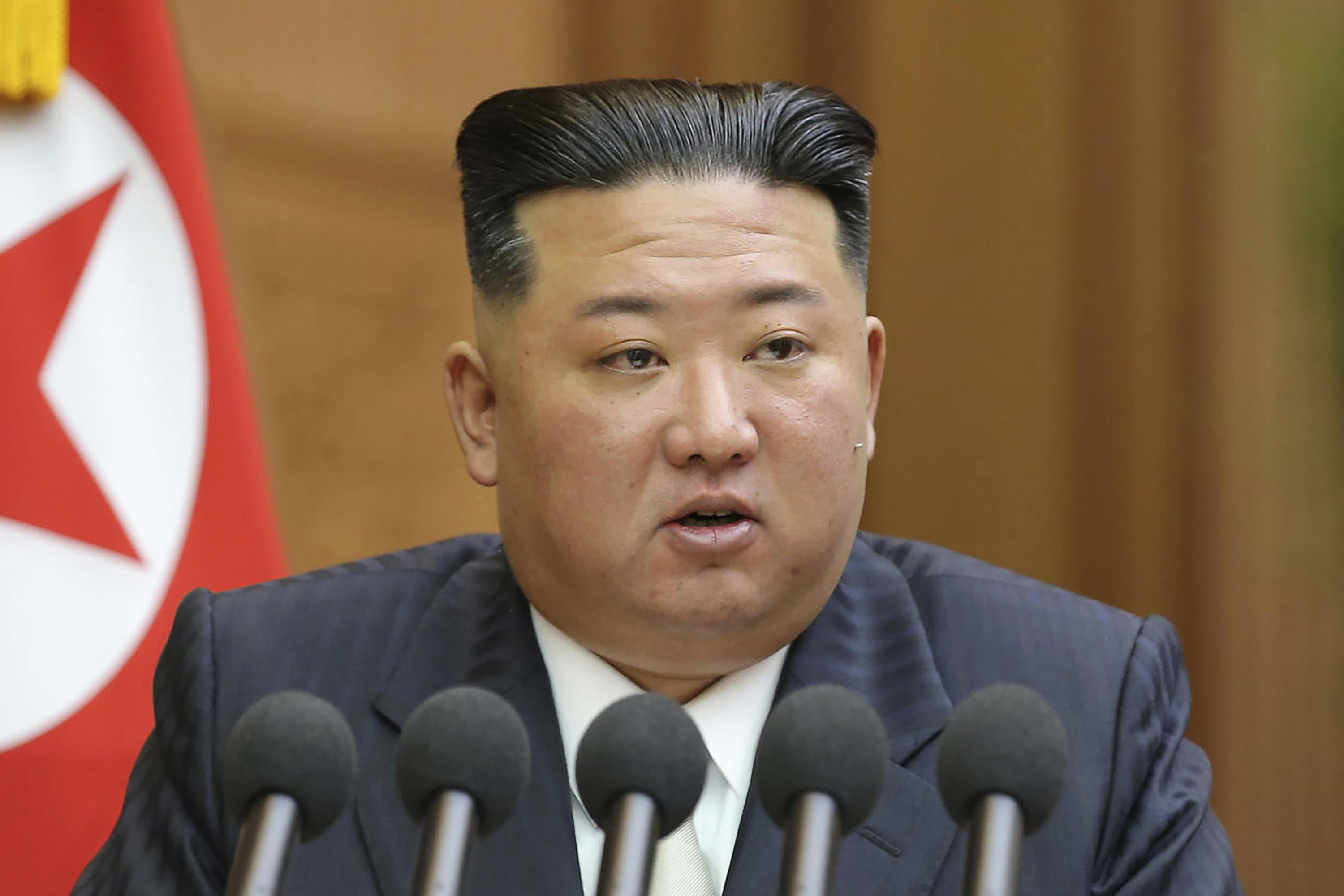Before sending troops to training camps in Russia, Kim Jong-un conducted two inspections of the special forces unit of the North Korean army. The first was on September 11. The second on October 2. Six days later, the first deployment of 1,500 North Korean soldiers to the Russian Far East began.
All this information comes from the South Korean National Intelligence Service (NIS), Seoul's main espionage agency, which was the first to warn that Kim's regime, in addition to providing military support to Moscow with millions of artillery shells and missiles, had started sending troops who will soon be on the front lines to fight against the Ukrainian army. Last week, the United States and NATO confirmed these reports.
On Friday, Ukrainian President Volodymyr Zelensky, citing Ukrainian intelligence, stated that these North Korean soldiers will enter combat zones between Sunday and Monday. Kiev also stated that around 12,000 North Korean military personnel, including 500 officers and three generals, were in Russia undergoing training at least five military bases.
The deployed North Korean soldiers would be part of the 11th Army Corps of North Korea, an elite unit that South Korean spies indicate is better known in Pyongyang as the 'Storm Corps'. It consists of 10 brigades with around 80,000 soldiers, including a light infantry regiment, an aviation regiment, and a commando regiment.
"Compared to the recruits that the Russians are currently sending to battle in Ukraine, these North Koreans are much better trained and equipped," says Go Myong-hyun, chief researcher at the National Security Strategy Institute in Seoul.
Although this Sunday, the Wall Street Journal, citing reports from several analysts, stated that the soldiers shown in videos circulating on social media and Telegram appear to be "young recruits in their early stages of military training, relatively short and slender in build," reflecting the widespread malnutrition in impoverished North Korea.
Last year, during a military parade in Pyongyang marking the 75th anniversary of the founding of North Korea, state television focused on a platoon of this 'Storm Corps', later broadcasting some images of their tough training at their permanent base in Tokchon, north of the capital.
South Korean media have explained that it was this unit of the North Korean army that was deployed along the borders when the supreme leader decreed an extreme countrywide lockdown -even more than usual- during the pandemic, with orders for soldiers to shoot to kill anyone attempting to enter or leave North Korea.
"In line with international law"
On Friday, North Korean propaganda, which had been repeating for two weeks that reports of their troops training in Russia were "baseless," stated that any decision to send their soldiers to help Russia in its war in Ukraine would be "in line with international law." This statement came after Russian President Vladimir Putin also did not deny that his army already had North Korean personnel at its disposal.
In the past hours, new videos of North Korean troops at the Sergeevka military training camp near the Russian city of Vladivostok, preparing for their deployment in Ukraine, have been circulating on social media and Telegram.
From Kiev, intelligence departments have also leaked intercepted conversations of Russian soldiers on the front lines expressing their concern about how to command the North Korean soldiers and provide combat equipment. These audios also reveal plans to have at least one interpreter for every 30 North Korean soldiers.
Intelligence reports from Seoul and Kiev emphasize that these North Korean soldiers have been provided with fake passports and uniforms to blend in as Russian forces. It is also reported that these troops will support efforts to reclaim the Kursk region in western Russia after the successful Ukrainian incursion.
In exchange for weapons and troops, Pyongyang expects to receive technical assistance from Russia for its nuclear and missile programs. However, Kim Jong-un also desires the revenue from the salaries that his soldiers sent to the front lines could bring in. If, as Kiev claims, there are currently 12,000 North Koreans deployed, and Moscow pays them the same as Russian recruits, Pyongyang would earn over 24 million euros per month.
